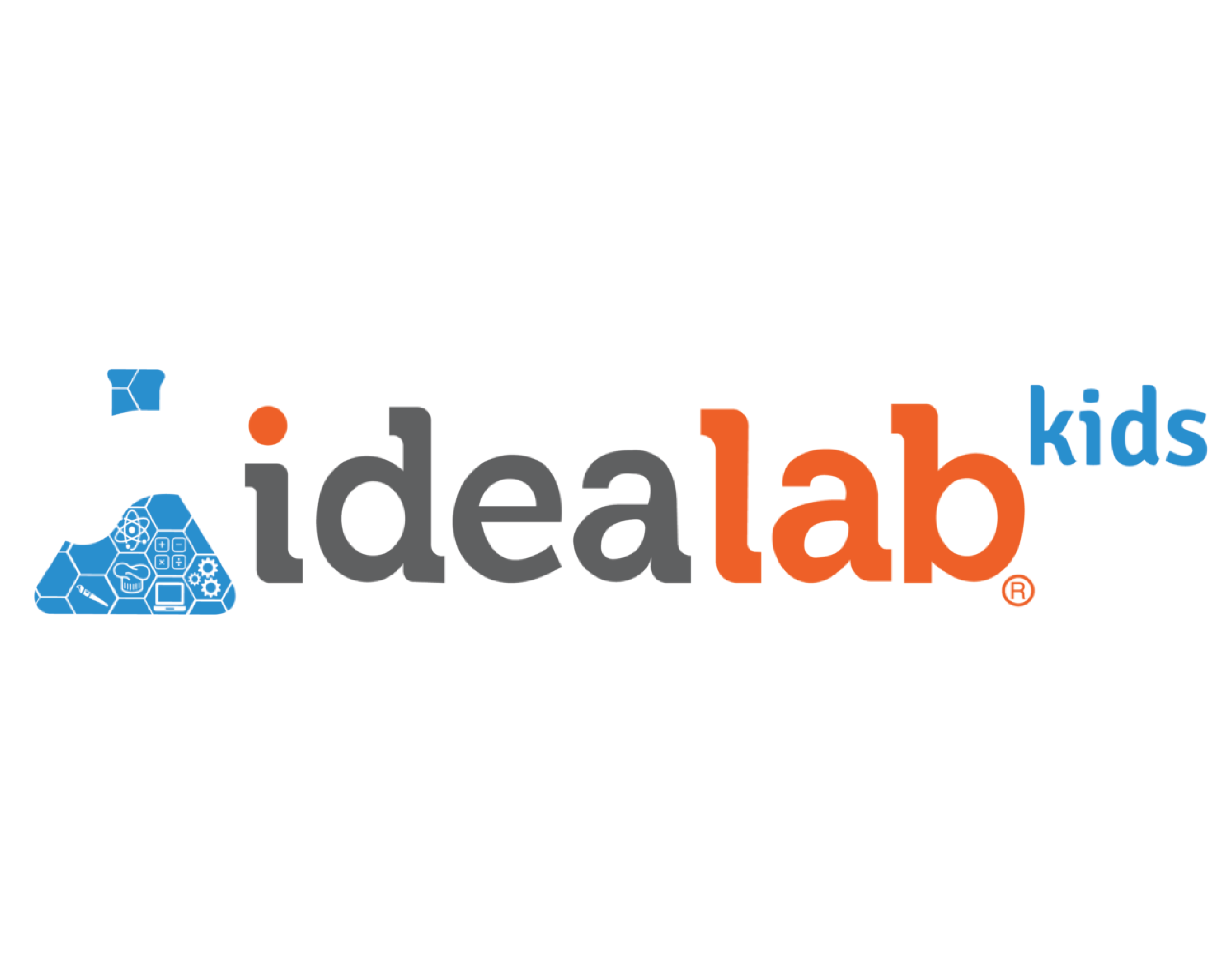Three Reasons Why IDEA Lab Kids Curriculum Stands Out in the Children’s Education Space
The STEAM (science, technology, engineering, arts and mathematics)-focused supplemental education franchise sets itself apart from competitors through a curricular commitment to developing real-world applications, emotional skill building and personalized hands-on instruction.

/story1/2711365/5e5dfe5436d10a8975c2c80fe2c5efd65079.jpg)

/story1/2726877/fa76c2e6d952fb335e34348564d3b4ba65.jpg)
/story1/2725703/9b0a380f2467714e5b7fb79db7467588907.jpg)
/story1/2725667/a2a83f7b98116977cece5ede751e9c8e6123.jpg)
/story1/2725008/0a1862b13b746bd2fc7a96dfdf51eb898085.jpg)